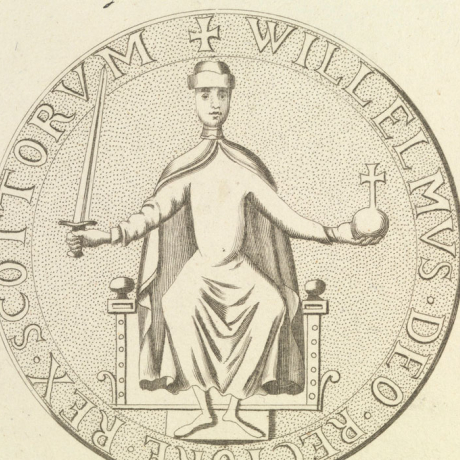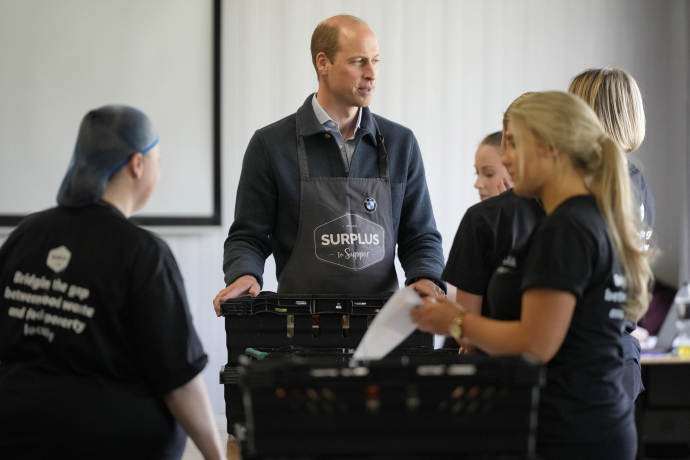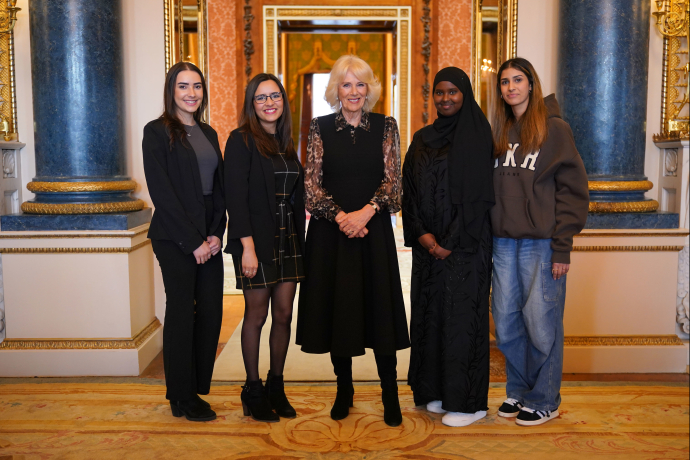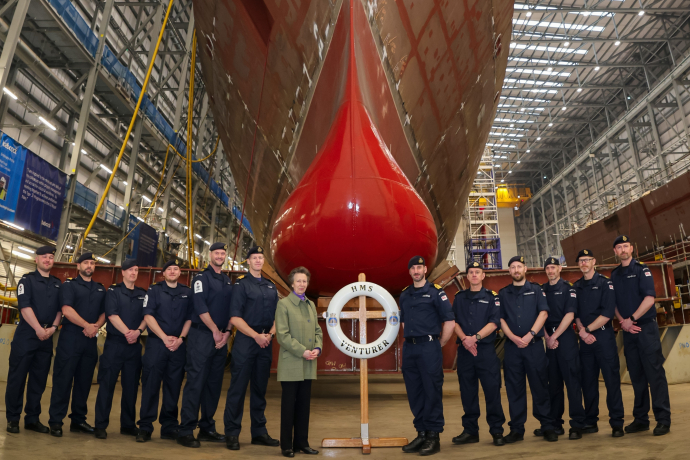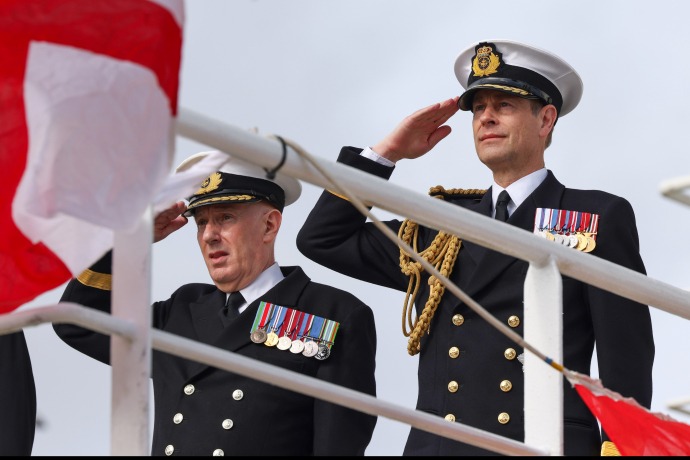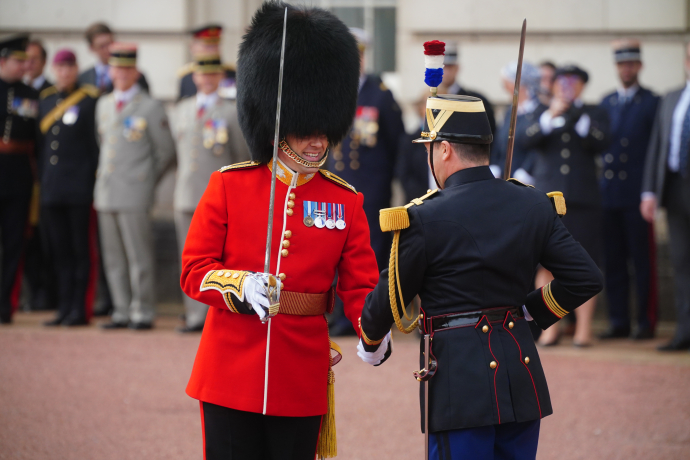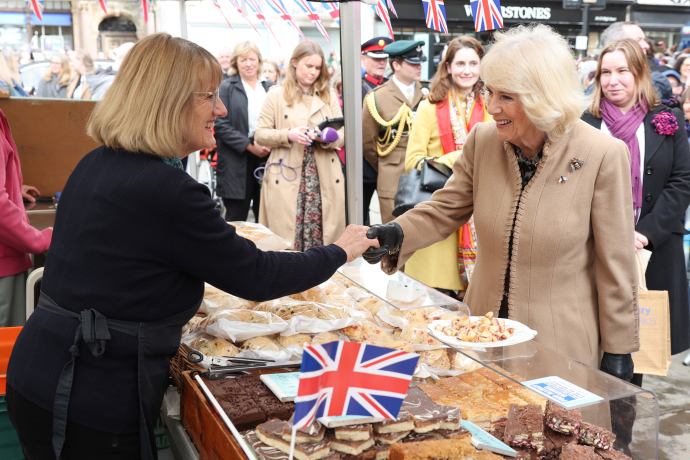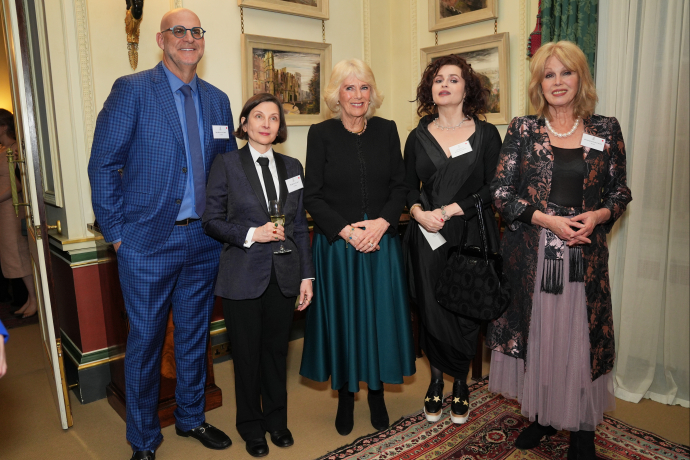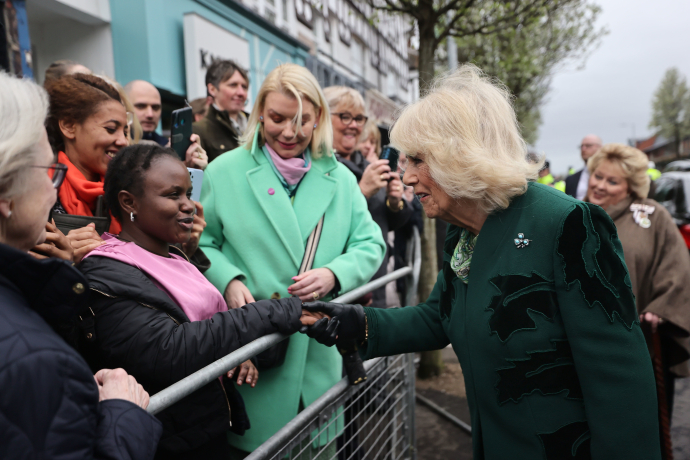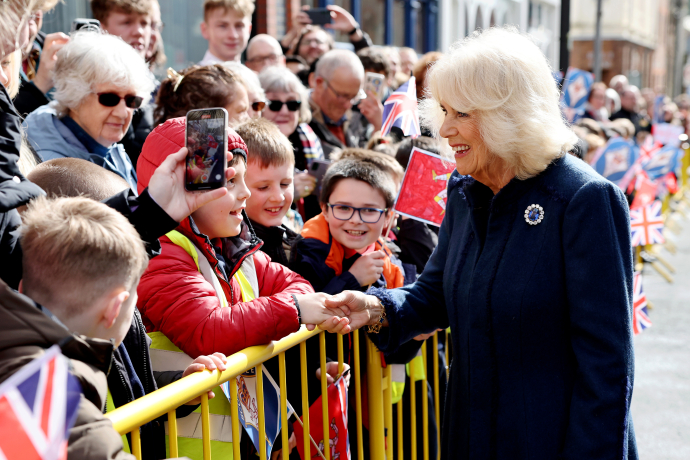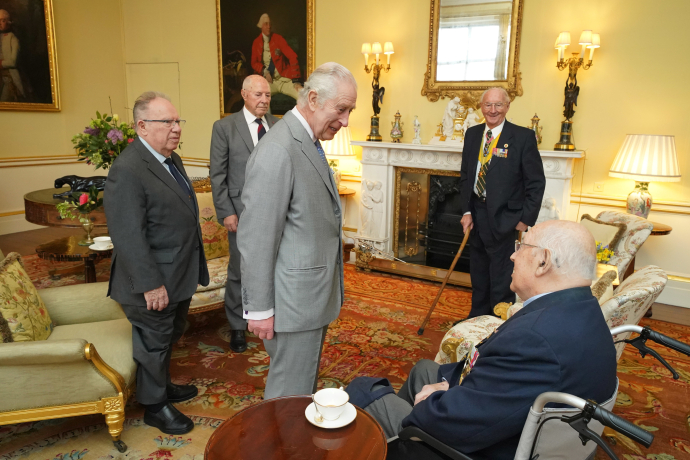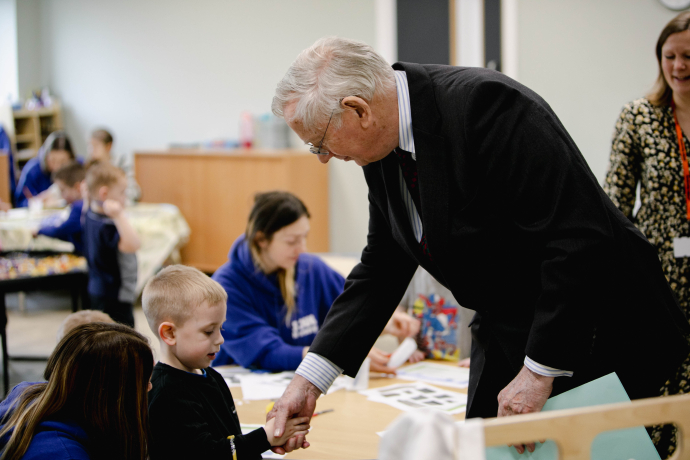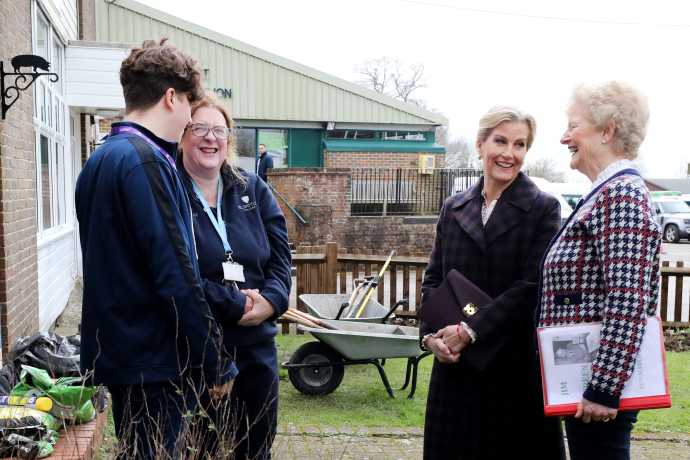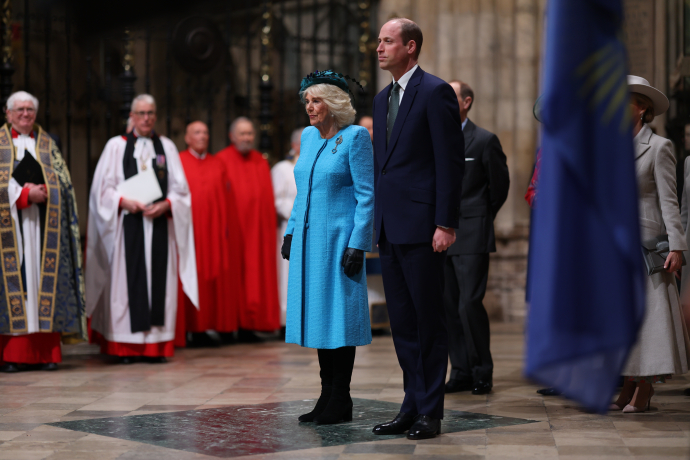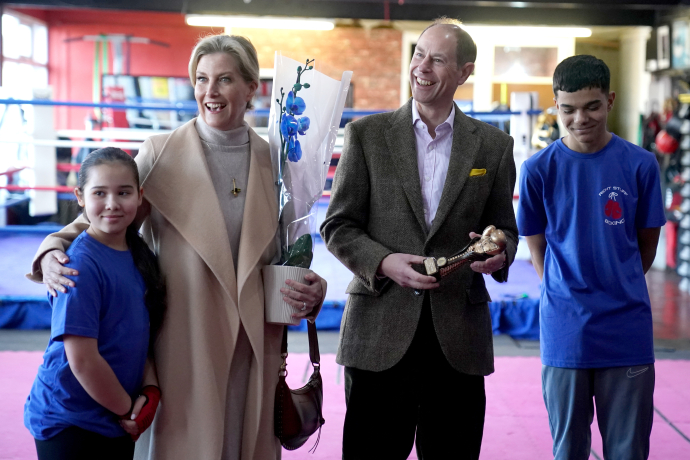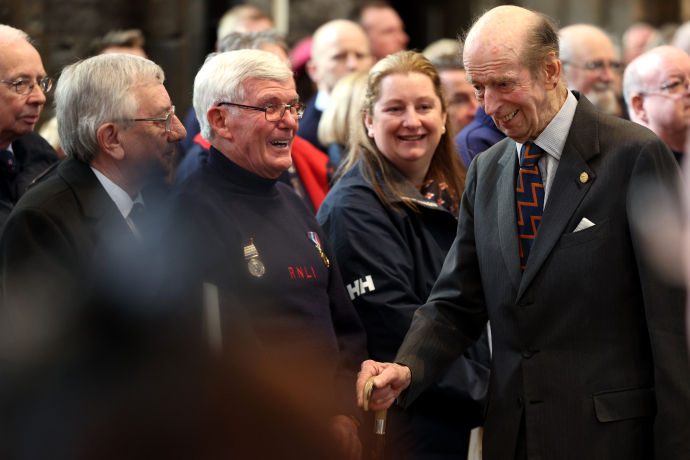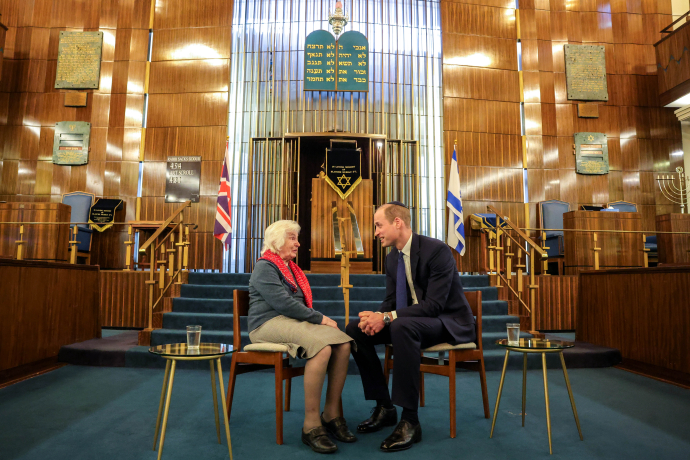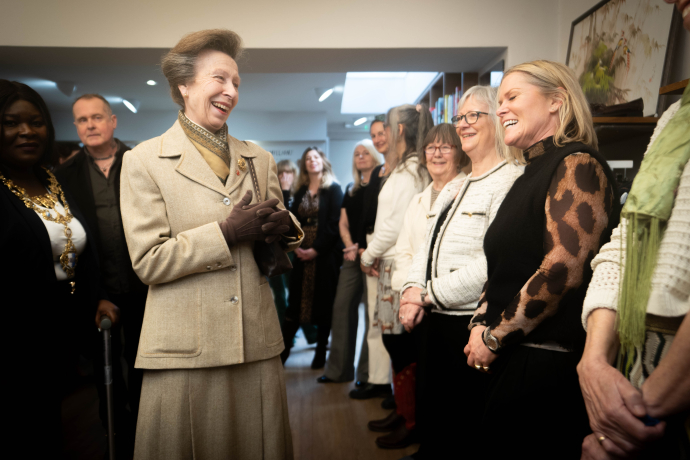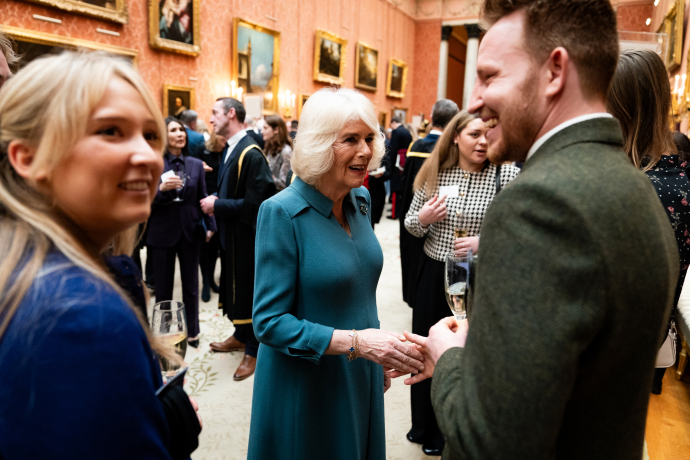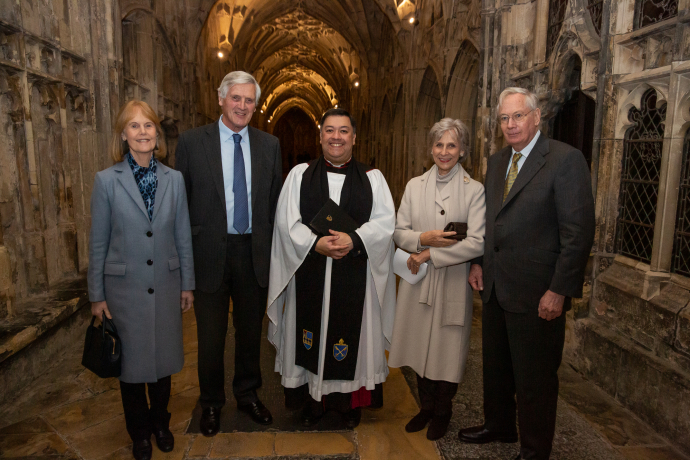A year after his accession, he went to Normandy with Henry II and later spent Easter 1170 at Windsor. In 1174, however, he joined Henry II's son in his rebellion against his father, and invaded England. He was captured at Alnwick, Northumberland and brought to Henry II with 'his feet shackled beneath the belly of his horse.'
He was then held prisoner first in Yorkshire, later at Northampton and finally in France. He was released by the terms of the Treaty of Falaise of 8 December 1174, having been forced to agree to do homage to Henry II 'for Scotland and for all his other lands', and surrender key Scottish castles such as Edinburgh and Stirling.
As William's feudal lord, Henry now had the right to arrange his marriage, and he gave him Ermengarde de Beaumont, whose father was the son of an illegitimate daughter of Henry I.
William eventually recovered Scotland from the English king's feudal overlordship, however, when Henry II was succeeded by Richard I.
Richard, determined to raise money for his third Crusade, surrendered his feudal superiority over Scotland for 10,000 merks by the Quitclaim of Canterbury on 5 December 1189 and Scotland was an independent country once more. In 1196-7, William established his sovereignty in Caithness.
Under William, the development of feudal institutions continued; in part, the Scottish monarchy's government closely resembled England's. William established royal burghs in eastern Scotland up to the Moray Firth, and extended the use of sheriffs in the same area. Perth and Stirling became major centres of royal administration.
William I was a vigorous royal patron of the Scottish Church - he founded Arbroath Abbey, Angus in or before 1178. In 1182 Pope Lucius III sent him the Golden Rose and in 1188 Pope Clement III took the Scottish Church under his special protection.
In 1192, the Pope granted a Bull to William that recognised the separate identity of the Scottish Church (previously the Church in Scotland had been brought under the authority of the Archbishop of York), and its independence of all ecclesiastical authorities apart from Rome.
Gervase of Canterbury described William as 'a man of outstanding sanctity ... much preferring to have peace than the sword and to provide for his people by wisdom rather than iron'.
William died at Stirling on 4 December 1214, aged 71, and was buried at Arbroath.

